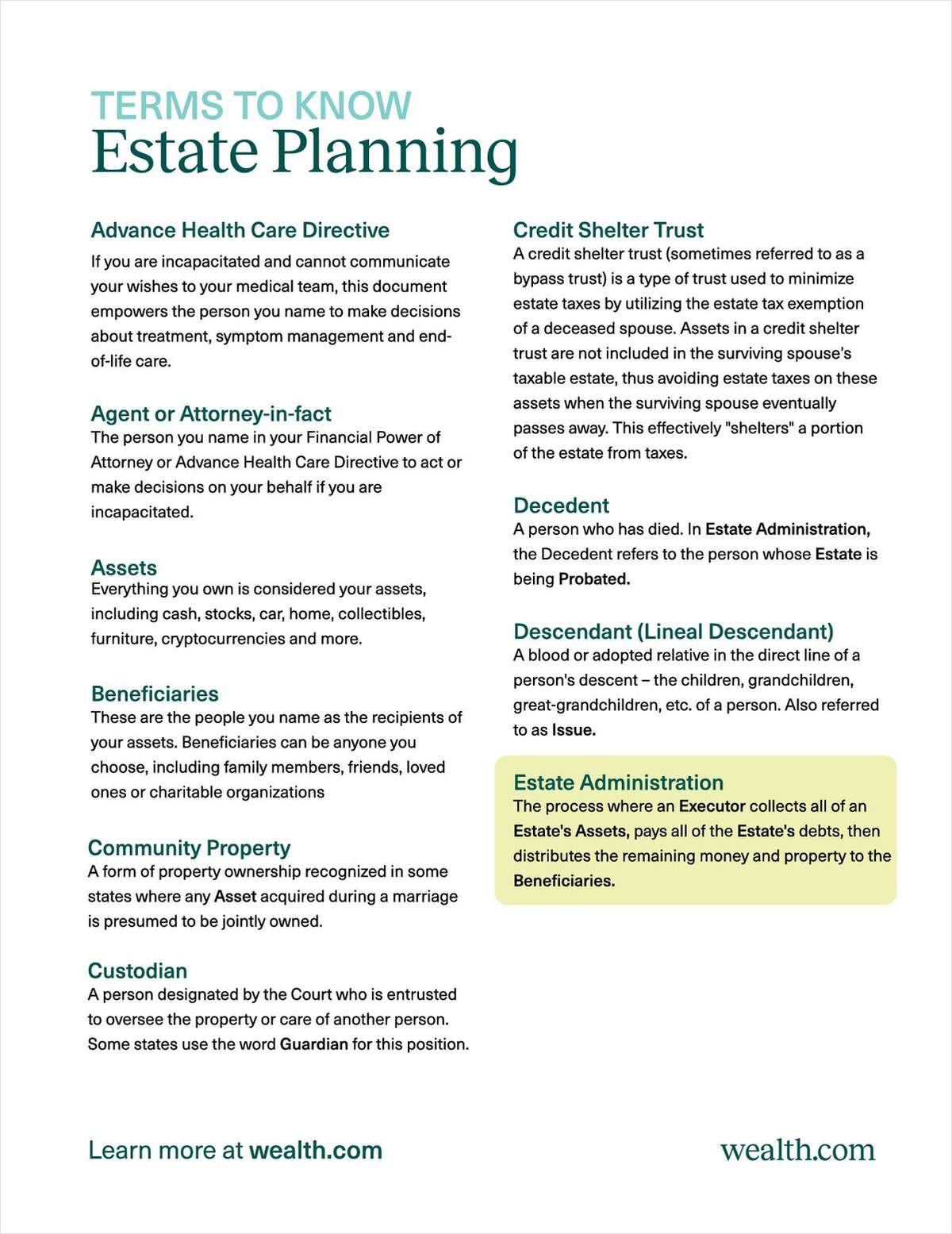Someday, Wells Fargo & Co. shareholders may have something to be cheerful about. That's not today.
Bucking a trend set by rivals Bank of America Corp, Citigroup Inc. and JPMorgan Chase & Co., the bank posted a third-quarter earnings miss on Friday. Oddly enough, a mortgage-related regulatory case that preceded the financial crisis is to blame for its poor quarter — its fake-accounts scandal and malpractices in auto insurance and other services such as online bill-pay haven't proven as detrimental to its bottom line as to its reputation.
For CEO Tim Sloan, who has been repeatedly deemed unfit to lead the bank by Senator Elizabeth Warren, the heat just got turned up. There's now heightened scrutiny on his ability to deliver better profitability, and not simply by ensuring that the lender meets its revised 2017 expense target (which it expects to, despite the bank's $1 billion of litigation costs, which blew out its efficiency ratio to 65.5% in the latest quarter).
At 9.1%, Wells Fargo's return on equity is its worst since 2010 and way below its targeted range of 11 to 14%, which had previously never been a stretch.



